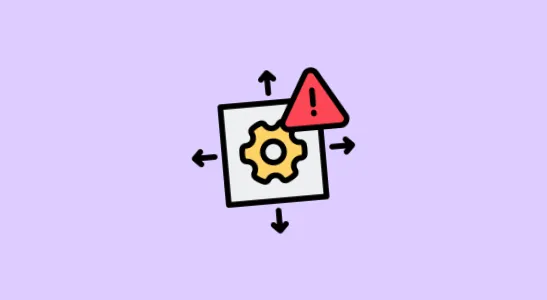Apple's new fee model for iOS: What app developers need to know now
Apple is calling for extensive changes in connection with the Digital Markets Act (DMA). In addition to changes and protective measures for their apps and interfaces, new terms and conditions will also come into force in March 2024. This update affects a range of services, including Apple's own app stores. In future, iOS applications will incur fees for app installations under the so-called Core Technology Fee, even if they are free apps.
Background to Apple's fee announcement
According to the tech company from California, the new terms and conditions are necessary to meet the requirements of the DMA. As Apple says it creates added value for companies and developers, the introduction of various fee models is justified. However, as these are mandatory adjustments, this introduction is taking place under the guise of EU law.
The adjustments include the distribution and discoverability of apps in the (iOS) App Store, as well as secure payment processing via the App Store.
What fees will be charged for iOS apps in future?
The good news first: as long as your application installations are below an annual threshold, they remain free of charge. According to the company, this value is currently 1,000,000 installations per year for iOS apps.
A core technology fee of €0.50 is then charged for each additional installation. This is charged per initial app installation and applies for a period of one year. Assuming an app registers 1,400,000 installations per year in the EU, this will cost a monthly fee of €16.667.
Yes, you read that right - per month. With 1,800,000 installations, it is already €33,333 that has to be paid. Incidentally, Apple provides a calculator for calculating the fees.
Can the fees be cushioned?
The introduction of the Core Technology Fee also brings a relaxation of the commission: app developers can either pay a 17 percent commission on app sales and in-app purchases or a reduced rate of 10 percent if they are part of the Apple Small Business Program.
In addition to this relaxation, the €0.50 per app can be offset by price increases for paid apps. Freemium apps in particular can then no longer afford to be offered free of charge. Sooner or later, developers will have to put a price tag on them.
There are solutions to mitigate the fee. Within the Apple ecosystem, however, they cannot be completely circumvented by both premium and freemium apps.
How can Apple's fees be circumvented?
The introduction of the Core Technology Fee is an excellent opportunity for developers to stretch their wings to other possibilities. In concrete terms, this means not only offering apps in other app stores such as Google's, but also relying on hybrid or even holistic web solutions.
Because even in the Google Play Store, you are bound by rules set by the operator. It therefore remains to be seen whether and when Google will create a similar regulation to Apple.
Of course, it should not be forgotten that you benefit from the wide reach of the respective stores. Your high installation figures are therefore certainly no coincidence. Take advantage of your high profile and don't miss out on the momentum to develop a web-based solution as an alternative or even a replacement.
Use native device functions in the browser
Native functions of iPhones and iPads such as the camera, gyroscope sensor or file upload have long since arrived in the mobile browser. This means that entire AR applications or even live streams can be made to run in Safari, Google Chrome or Firefox on iPhones or iPads.
Low development costs thanks to hybrid apps
Even if you want to continue to distribute your app via the AppStore, it makes sense to switch to a hybrid technology stack. This not only reduces the complexity of the entire application. It also gives you the opportunity to make your app available on all common devices. Android, iOS and browser are covered by a single code base.
And if you ever get tired of app stores and high fees - there is already a browser application.
Summary
Apple raises prices for apps in the EU. It is clear that the many legal requirements have created a lot of work for the tech company. We can therefore expect Google to follow suit in a similar way, as DMA affects all tech companies.
All the more reason to position yourself more broadly and benefit from hybrid web solutions in order to become more independent of Apple and the like in the long term. As experts in individual software development, we have many years of experience in the development of apps and web apps. We would be happy to advise you on your app and show you possible solutions.
Other articles.
Trends, news and interesting facts about digitalization and tech.


